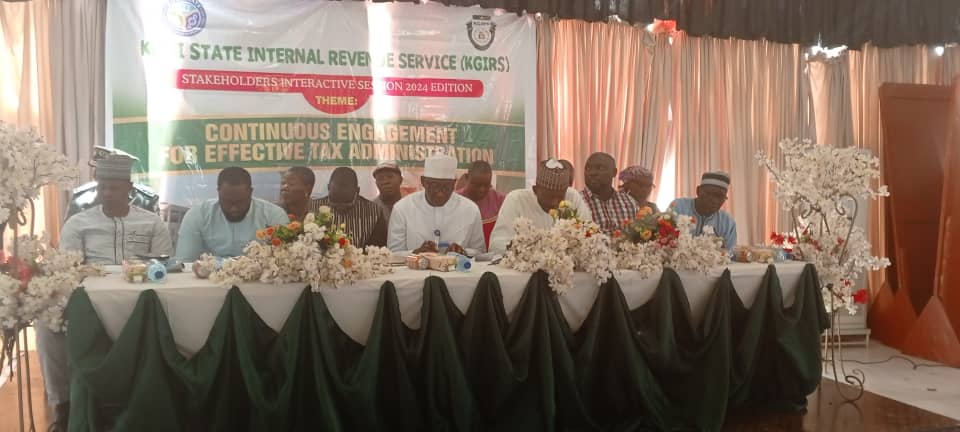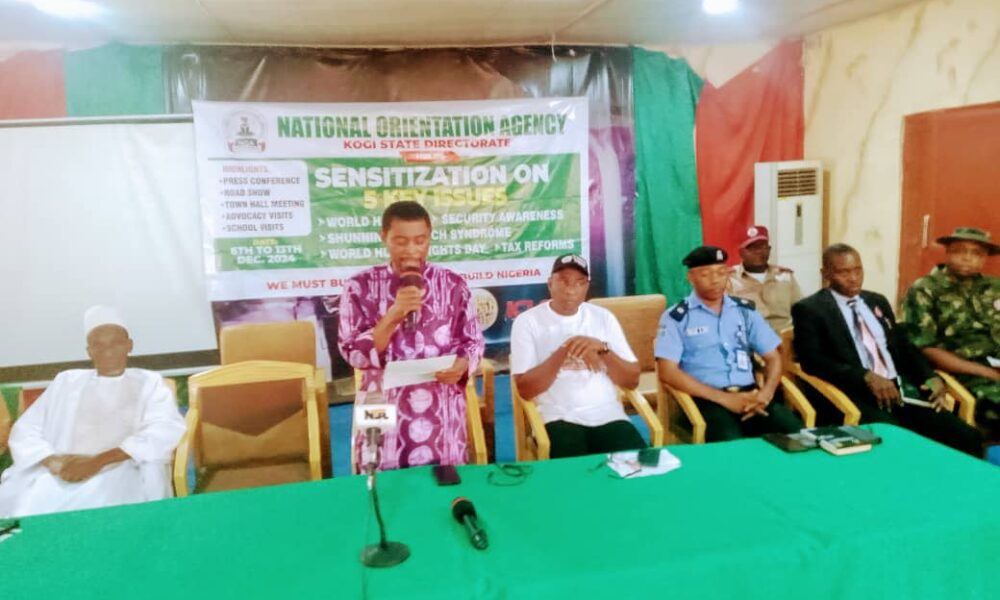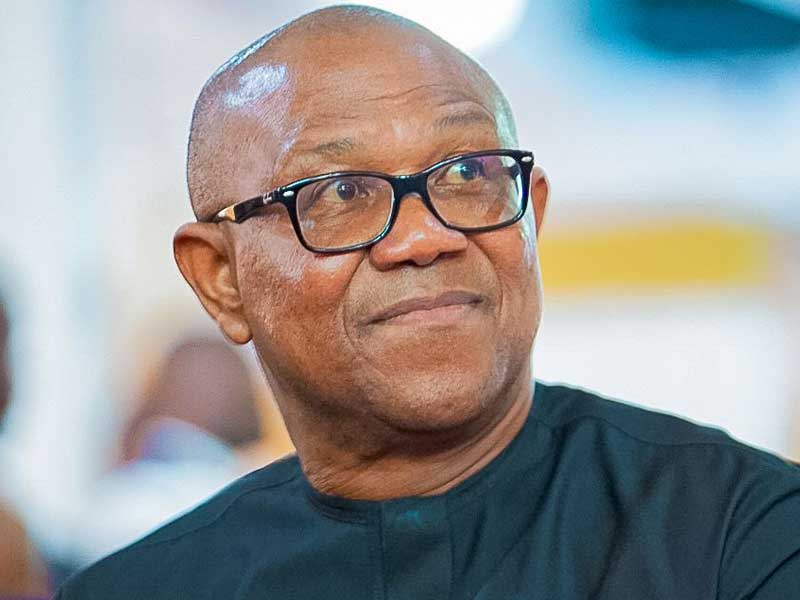By Friday Idachaba, Lokoja.
Kogi State Government on Tuesday announced a tremendous upscale of its annual revenue profile from N6.5 billion in 2016 to N23.5 billion in 2024.
Chairman of Kogi State Internal Revenue Service (KGIRS), Alhaji Sule Salihu Enehe disclosed this at the 2024 Edition of the Service Stakeholders Interactive Session themed: “Continuous Engagement for Effective Tax Administration” in Lokoja.

Enehe said that KGIRS had in the last eights years transitioned to digital systems for efficient tax processes, introducing a Tax Guide to simplify tax payments, enabling them to be made from home.

“This achievement is attributed to the collective efforts and contributions of everyone involved, highlighting the importance of teamwork and community support in achieving financial growth.
“In the last eight years, KGIRS has moved from manual to digital environment, and that is why we give you a task guide. We make tax payment easy for you. So that from your bedroom, you are able to pay your tax” he said.
The Chairman said that the Service had also ensured that the black taxes (double taxation) which most businesses were often forced to pay were created by non-state actors.
Enehe said government had done much with monies generated from tax, in infrastructures, Education, Health, Agriculture among others saying, We confirm that we have better roads now. And we have better security.
He said that a lot of persons who blocked roads to collect illegal taxes were arrested and prosecuted adding that about 41 of them are currently standing trial in courts.
Dr Olubunmi Ajayi, Director MDAs and Other Revenues, in his presentation on “Continuous Stakeholders’ Engagement For Effective Tax Administration”, urged tax payers not to pay cash to revenue officials.
He said the urge was to help eradicate all forms of illegality within the system adding that the service had simplified process of tax payment through the banks, POS and others.
“Our taxpayers remains our valued assets in generating the necessary funds for social and economic development of the State, as they perform thelr civic responsibility in paying their tax obligations.
“While under the leadership of His Excellency, Ahmed Usman Ododo the Executive Governor of the State, Kogites will have value for tax paid, and there will be objectivity, transparency and accountability”, he said.
Ajayi said that the Service, as part of efforts to ensure sanity in the system, carried out enforcement compliance, legal remedy, classic enforcement with deterrence mechanism in dealing with tax defaulters.
The KGIRS stakeholders interactive session was attended by the private and public sectors representatives including, business men and women, property owners, Civil Society Organizations, schools proprietors, government functionaries, religious and community leaders. (Ends)



